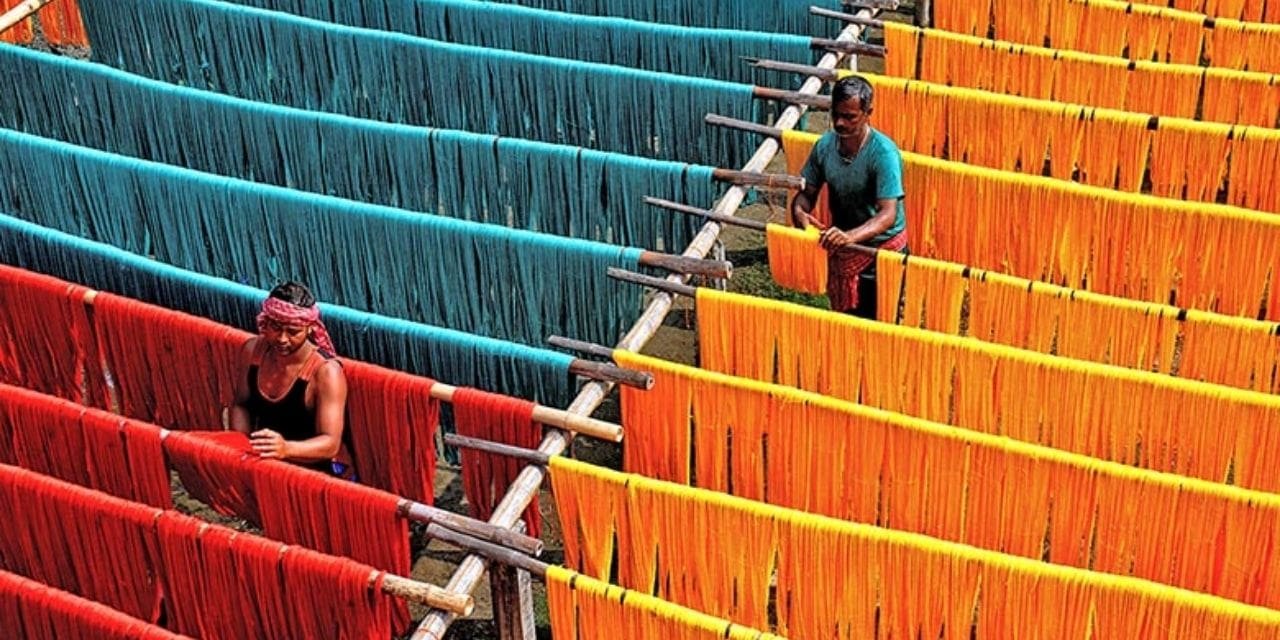With a 28% rise in the budget allotted for the sector in the fiscal year 2024–2025, India’s textile industry is expected to flourish. It is anticipated that the substantial increase in investment will spur innovation, improve efficiency, and open up new doors for India’s textile sector. The government’s dedication to fostering the expansion and development of the textile industry, which is vital to the nation’s economy, is demonstrated by the increasing investment. The textile industry is well-positioned to take advantage of new opportunities in the global market and developing trends thanks to this increased budget commitment.
The Northern India Textiles Mills Association (NITMA) President, Shri. Sanjay Garg, stressed that the Union Budget’s main areas of focus include MSMEs, skill development, and employment. He emphasized how the labor-intensive textile industry will be substantially benefited by the announcements made in these areas.
The Credit Guarantee Scheme for MSMEs, which covers up to Rs. 100 crores in loan amounts and may encompass even greater loan amounts, was welcomed by Shri Garg. It contains provisions for term loans to buy machinery and equipment without requiring collateral or a third-party guarantee. It is expected that the increase in the credit guarantee scheme ceiling will encourage investment in the textile industry.
The textile industry would also receive the required support from the budgetary allotments for cotton procurement, the Amended Technology Upgradation Fund Scheme for the National Technical Textiles Mission, and increased money for PM MITRA. In addition, he conveyed his gratitude for the grants for RoDTEP and RoSCTL, which had a larger allotment than in 2023–2024.
Additionally, the textile industry is anticipated to benefit from the skill development incentive. It is commendable that an incentive of ₹3,000 per month has been introduced for each employee. Furthermore, the reduction of duties on raw spandex yarn from 7.5% to 5% will enhance the competitiveness of textile businesses in the global market.
To help the industry expand and develop and get to the next level of success, all of these actions are essential. All things considered, the enhanced budgetary allotment is a good development for the Indian textile industry. The precise policies put in place and the degree to which the industry takes advantage of this prospect will determine the impact that is actually felt.

